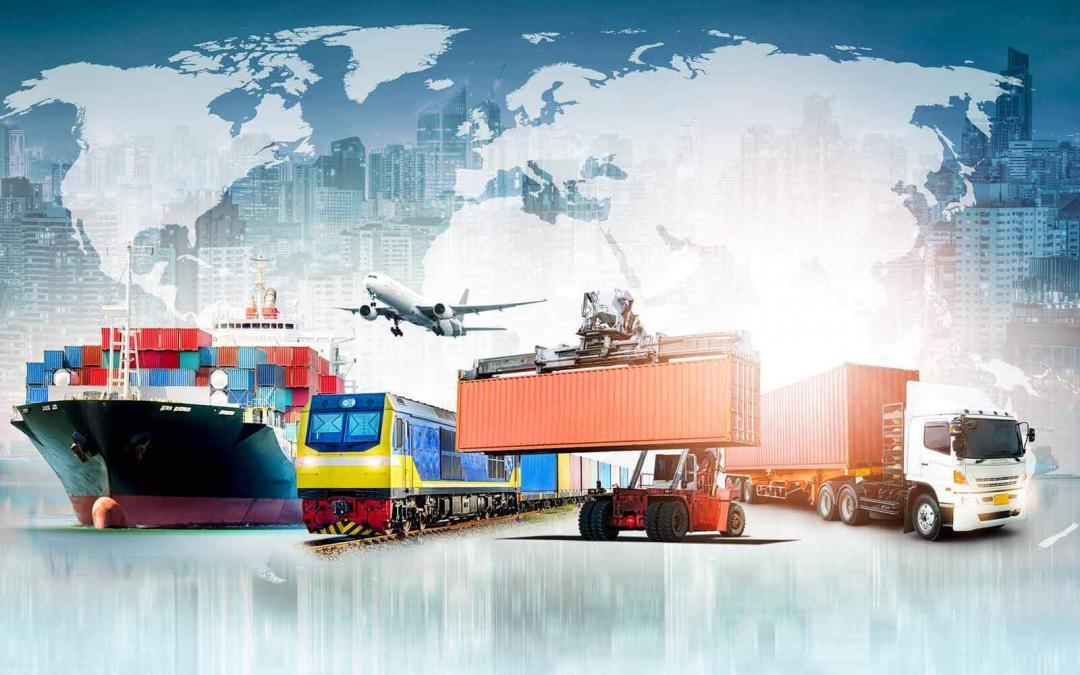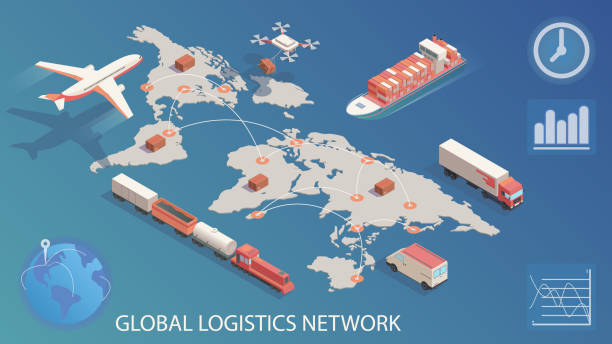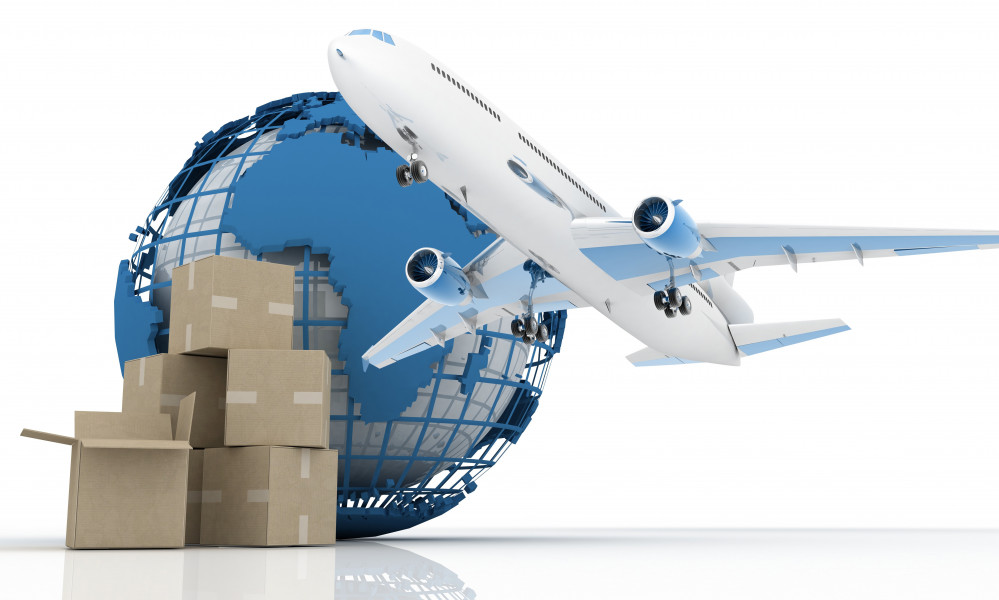Global logistics and how it affects your business is an inscrutable topic. It’s the subject of endless analysis and conspiracy theories. But if you think about it, businesses can’t avoid it. It’s inevitable when you have multiple supply chains and buyers, and global businesses have much bigger operations than local ones. This article will take you through global logistics and how it affects your business to help you understand what it is, who it is affecting, and why you should care.
What is global logistics?

Global logistics is the movement of goods and people across borders in a trade environment where the total value is equal to the total value of all the trade between all the countries in that environment. With globalization and the advent of the internet, trading has become more efficient and less regulated. This has led to the development of a complex web of supply chains and international companies that act as middlemen between manufacturers and customers. In this environment, goods are produced and shipped to customers worldwide.
Global logistics is a huge industry that deals with international trade, transport, and distribution. It encompasses almost every aspect of business, from Packing and Shipping to Inventory Management, Warehousing, and Food and Beverage Distribution. It is not only about moving things around the world; it is about moving things simultaneously.
For example, if you have a factory in New York that produces T-shirts, and you ship the shirts to Bangkok, that will take two weeks. But what if you had the same T-shirts made in Bangkok and shipped them to New York? That would take four weeks. In this case, the logistics of moving the shirts would be very different. There would be four separate shipments, each of which would take longer to get to its destination.
This is because your international supply chains are designed to move things around at the same time as their destinations, not to wait for the items to reach their destinations before moving.
Why does global logistics matter?
Increased demand from abroad has increased the importance of global logistics and supply chain management planning across the business community. There are several reasons why global logistics is vital for your business:
Increased demand – When a customer orders a product from a supplier in America, that customer’s goods must travel through many hands to get to the store shelf in America. Increasingly, businesses are looking to outsource some or all of that travel — and thus the risk of loss — to avoid handling their inventory in-house.
Increased competition – As companies increase the size of their operations, they can no longer rely on their domestic operations to meet those demands. That makes it more important to have a well-thought-out strategy for sourcing products from around the world and delivering them to customers.
Increased security – International trade has become more heavily regulated, and national-level border controls are increasing in many countries. There is a risk that items traveling through your business could get into the wrong hands, which could cause damage or even theft.
How does global logistics work?
The core of any supply chain is the relationship with suppliers. When a company purchases goods from a supplier, that transaction becomes part of the supply chain and the overall operation of the business. When a customer orders a product from a business, the relationship is also part of the supply chain. When a business accepts an order, that order is also part of the supply chain.

When a supplier’s products leave the supplier’s factory and make their way through several distribution channels, they are called supply chain partners. The goods leave the factory without any markings or documentation. The supplier only has information about the customer’s location and what is on order.
Global Logistics and Supplier Relationships
When goods are transported along a supply chain, a number of relationships exist between parties in the chain. The goods flow through these relationships, called supply chain partners, and the relationships affect how quickly and accurately goods flow through the chain and whether goods are delivered to their destination on time. The relationships between parties in a supply chain are often described as “supply chain linked.” When goods leave one part of the supply chain and are physically delivered to another part of the supply chain, the goods are said to be “linked.”
We live in a world where we can shop around the world, and we can literally shop anywhere. The internet has made it easier than ever to conduct business anywhere in the world, and this has led to an increase in international trade. If you have customers in China, they can shop in the US, and you can use the convenient online shopping platform Alibaba to pick up the goods. But is that good or bad for the American economy? Well, it’s complicated. First, let’s look at the bigger picture: The Internet has created an interconnected global economy, making it easier for companies to trade with and sell to customers across national boundaries.
What challenges does global logistics face?

While global logistics services have always been a part of business, it is becoming more common among businesses of all sizes and in industries like food services and tourism that rely on international trade. Global logistics is challenging for some businesses because they may have no suppliers in a particular country.
For these businesses, the challenge is finding a supplier in a foreign country willing to accept an order from a U.S. business. Another challenge is simply managing the logistics of growing your business. The logistics of growing your business can be challenging enough without added complications caused by the logistics of globalization. You’ve got to think about the following:
What is the optimal route to take for delivery? How do you decide where to place an order? How do you know if an order is successful? How do you make sure your employees are paid? One of the biggest challenges global logistics faces is its inherent nature as a business process. Most businesses don’t have the team or resources to run a real-time, 24/7 global logistics operation. As such, businesses often have to choose between having a suitable operation or being able to supply their products or services to customers in a timely fashion.
As you’ve likely realized by now, having a good operation is more important than having a fast operation. Having a reliable delivery system and a small number of shippers that can be relied on to deliver on time are just as important as having a big, fast operation.
Conclusion
With all these things to think about, it can take time to figure out where to begin. You can use the information we’ve provided here to guide your thoughts. The most important thing you can do is to understand your business better. By doing so, you’ll be in a better position to decide where to focus your efforts. The complete guide to global logistics and how it affects your business covers the basics of global logistics and how it affects your business. We’ll look at what it is, who it affects, and why you should care.



